The question that many people are asking now since the current human outbreak of Ebola virus in West Africa in March 2014 is ‘What is the risk of transmission of Ebola virus through food in general, and in particular plants, fruits, vegetables and their products thereof from African countries where the disease has occurred?’
In April 2014, the European Commission requested the European Food Safety Authority (EFSA) to assess the risk of food-borne transmission of Ebola virus to persons in the European Union.
On March 18 2015, EFSA reported that there is no evidence that Ebola virus can be transmitted through food in the European Union. It further stated that ‘To date there have been no reported human cases of Ebola infection from the consumption of these foods.’ (EFSA Journal 2015: 13 (3): 4042) (www.efsa.europa.eu/efsajournal).
Why should the above information interest Somalia? Or a better question would be why should Somalia be concerned about food-borne transmission of Ebola? Somalia has a legitimate interest in the risk assessment studies on food-borne transmission of Ebola virus conducted by EFSA given the presence of AMISOM in Somalia which has a large contingent from Ebola stricken countries and the prevalence of a wrong perception of anything African being associated with Ebola evident by profiling of all travelers, including own nationals, from Africa by immigration officials at ports of entry of the first world countries not to mention the apparent fear and/or genuine concern of consumers of food imported from African countries contracting Ebola disease. Also, it is a threat to the economy of Somalia, which heavily depends on export of agricultural products (limes and sesame), fish and livestock.
Also, it is a threat to the economy of Somalia, which heavily depends on export of agricultural products (limes and sesame), fish and livestock.
Therefore, EFSA Scientific Report published on March 18 2015 on the risk of food-borne transmission of Ebola virus was received with great relief dispel the fears of losing the international market niche for its exports.
The Somali Agricultural Technology Group (SATG) also welcomed this update of information by EFSA on the risks of transmission of Ebola virus via food, and SATG will accelerate the pace of agri-innovation by supporting research and development activities in Somalia and facilitating the demonstration, commercialization and/or adoption of innovative products, technologies, practices and services.
For more information on risk of transmission of Ebola virus via various modes, chronology of Ebola human outbreaks and other related information visit following websites:
http://www.efsa.europa.eu/en/efsajournal/doc/4042.pdf
http://www.who.int/water_sanitation_health/WASH_and_Ebola.pdf?ua=1
http://www.who.int/mediacentre/news/ebola/06-october-2014/en/.
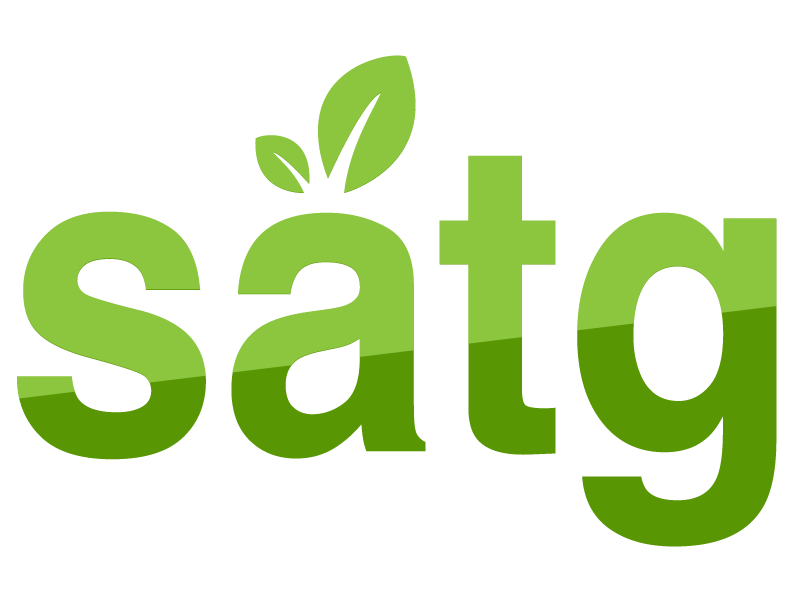
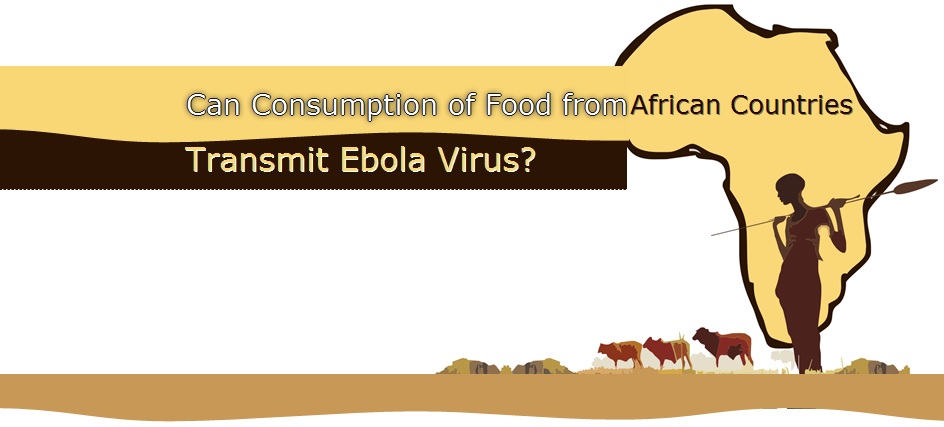


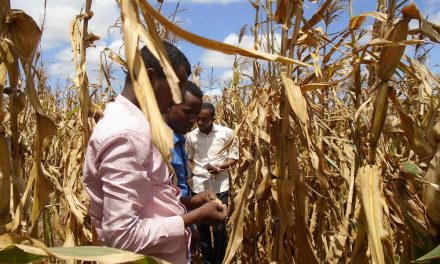
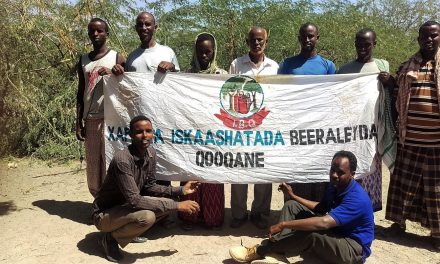
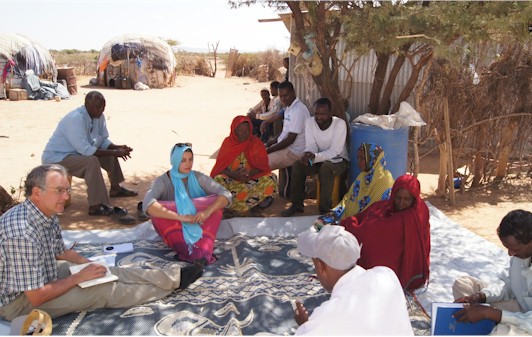
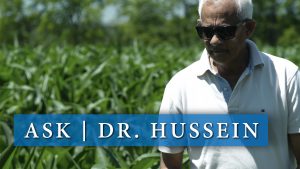
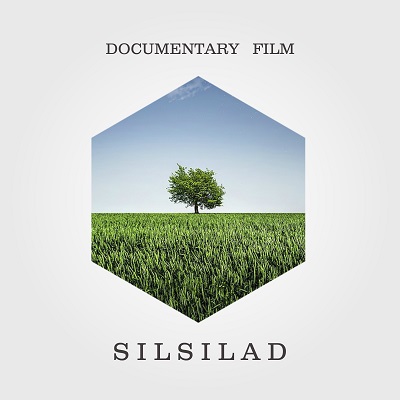
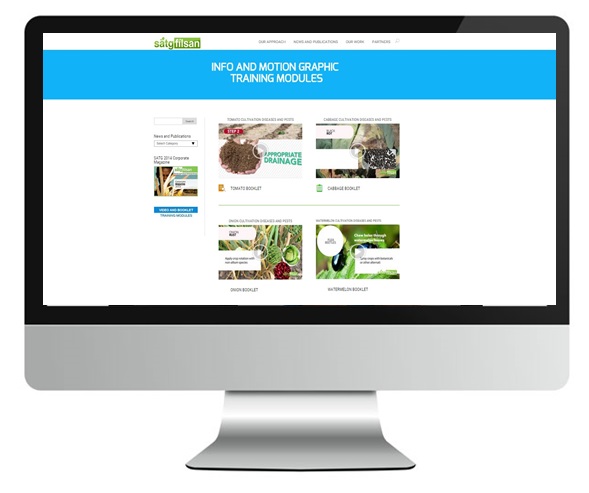
Recent Comments